The problem of reconciliation of mutually incompatible Upanisadic statements on some of the basic problems has attracted the attention of almost all the major philosophers of Vedanta. One such problem is about the nature of relationship between Brahman and the world of empirical experience. And in their attempts to reconcile the reality of Brahman with that of the world of empirical experience almost all the philosophers of the Vedanta have resorted to reason. They have not only tried to provide rational justification for their positions and views but have also used reason freely in analyzing and criticizing the rival positions and views. In this process several arguments which are subtle and cogent are developed. However, some of the Vedantins who have shown critical spirit and acumen in understanding and criticizing the rival arguments and positions are not so critical about their own arguments and positions. Thus the Vedantins who came after Sankara have made his position (advaita) their major purvapaksa without, however, trying to make their own positions a possible purvapaksa. This is an attempt to trace the philosophical development of Vedanta starting from Badarayana to Sri Aurobindo, and to understand and evaluate critically their arguments and positions.
Central Philosophy of the Rgveda: The Concept of the Divine
Rigveda, a collection of ...
$39.60
$44.00

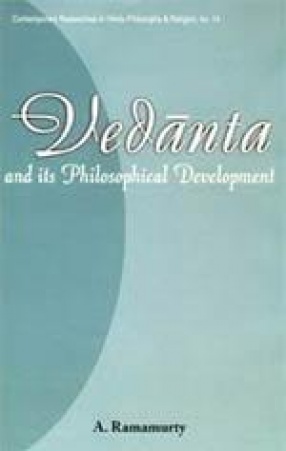
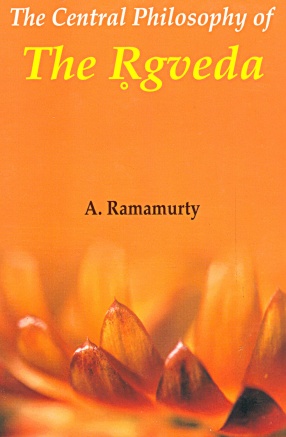
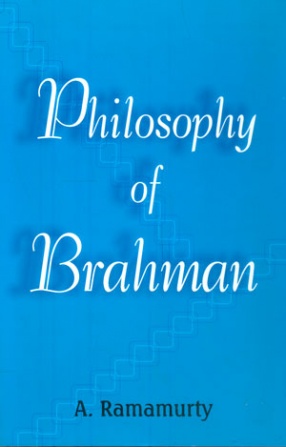
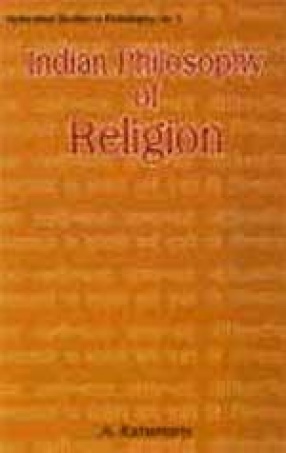
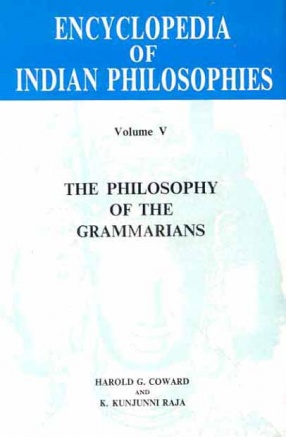
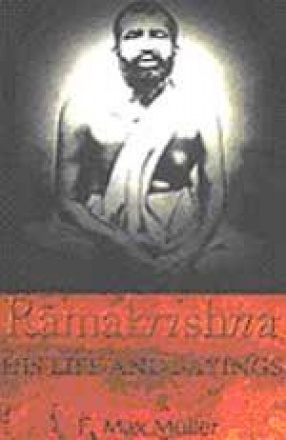

There are no reviews yet.